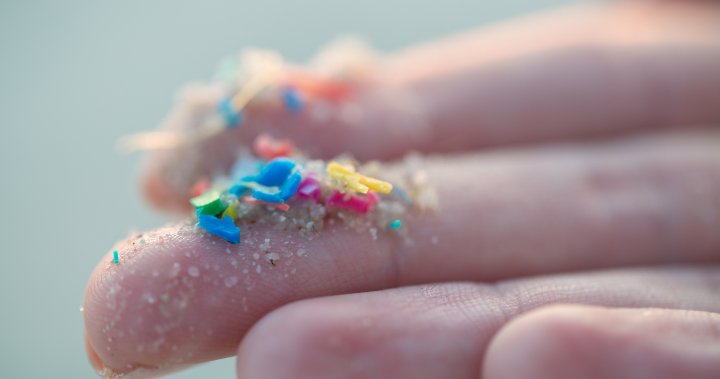Wet wipes containing plastic to be banned from sale in UK
Wet wipes containing plastic will be banned from being sold in the UK following legislation to be tabled in Parliament soon, the British government announced on Monday, as the world marked as Earth Day. UK Environment Secretary Steve Barclay said the Department for Environment, Food and Rural Affairs (DEFRA) will table the legislation for England … Read more










